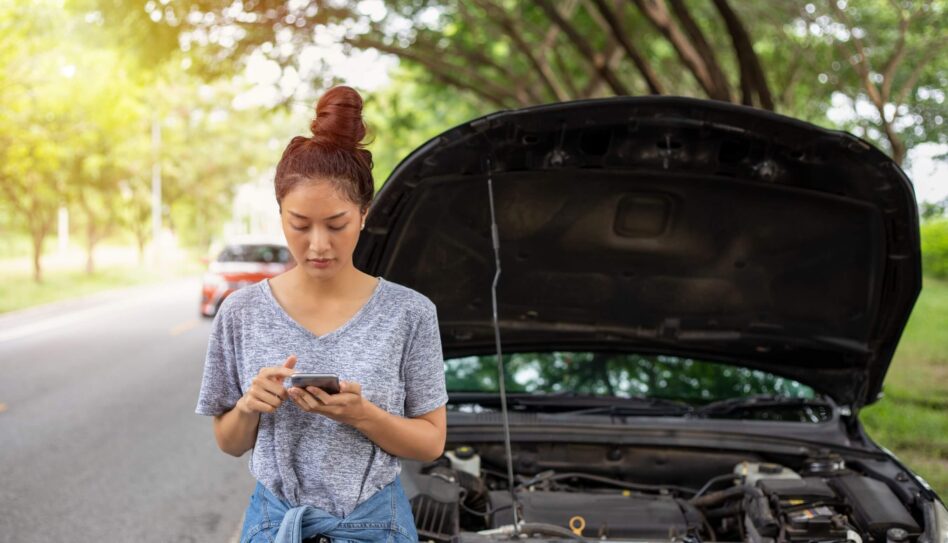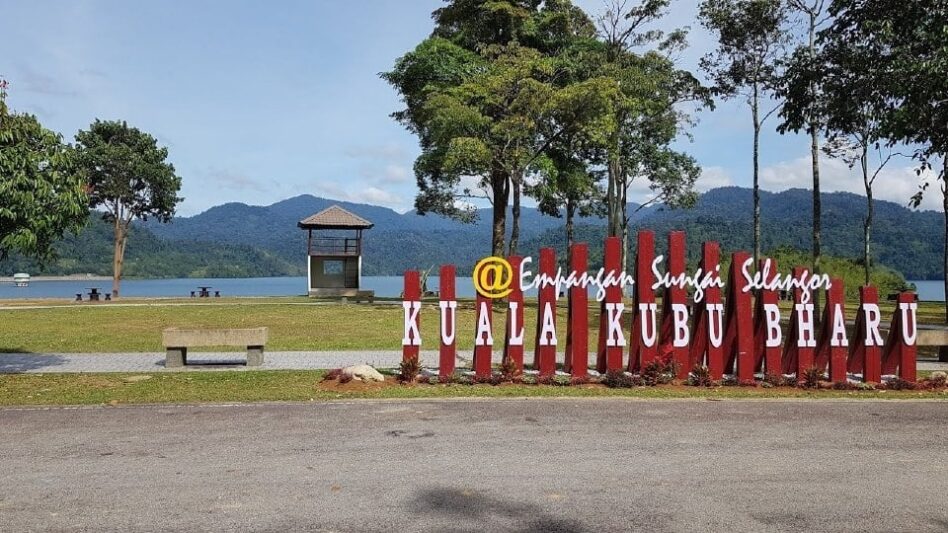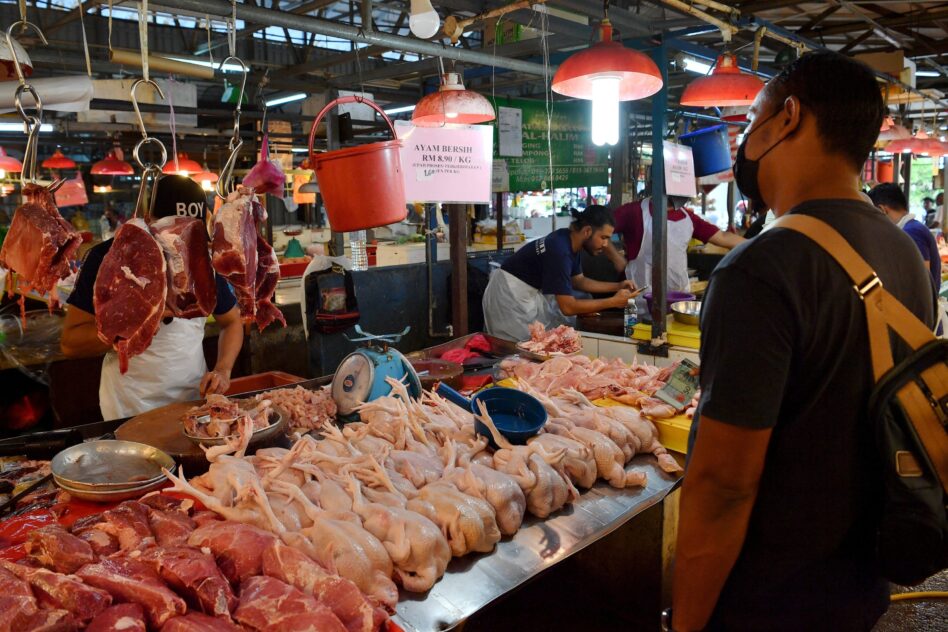By YS Chan
OVER a year ago, the Ministry of Health (MOH) issued guidelines for screening travellers from countries such as China, South Korea, Japan, Iran and Italy entering Malaysia, which included using thermal scanners in screening areas at various entry points.
Just before the movement control order (MCO) was introduced on March 18 last year, MOH issued management guidelines for workplaces and employees were encouraged to take temperatures regularly and monitor for respiratory symptoms.
After MCO was replaced by the conditional MCO (CMCO) and dine-ins were allowed, patrons started using handheld non-contact infrared thermometers to read and record their temperatures at restaurants and coffeeshops, as required under the standard operating procedures (SOPs).
These thermometers are sometimes called temperature guns as they are aimed at the forehead but do not shoot or emit any radiation. Instead, the battery-operated device detects body heat in the form of infrared rays and processes electrical signals to give a temperature reading.
Today, all respectable retail and food outlets use hands-free temperature scanners with stand, after they became more affordable. When handheld thermometers were used, some customers sanitised their hands before handling them, while others did so afterwards.
But a large number did neither, rendering handheld thermometers as one of the most contaminated surfaces with COVID-19. Many are still in use today, especially in older coffeeshops and at guarded entrances of wet markets.
With Kuala Lumpur and Selangor treated as one state from March 5, I drove through Kuala Lumpur to reach Klang last Saturday. I did not wear mask while driving and was caught unprepared when entering a gated and guarded housing area.
At the entrance, I passed my licence to the guard when asked and we were at double arm’s length from each other. After recording my particulars, he suddenly lurched forward to record my temperature using a handheld thermometer gun.
I had never seen a man’s face so close to mine before and what scared me even more was his nostrils were exposed. I quickly put on my mask, albeit too late. If he had expelled any droplets with COVID-19, I could have been infected.
Security guards must be educated and disciplined to wear their masks properly, particularly when in close contact with visitors and those who deliver foods, parcels, letters or newspapers, especially when taking the temperature using a handheld thermometer.
Their conduct should be monitored by residents’ associations for gated and guarded communities, or joint management bodies for condominiums through appointed property management companies that engaged security services.
If not, nonchalant security guards that take temperatures would become super spreaders of COVID-19, as they could easily contract the virus or infect others with just their nostrils exposed, more so when they are asymptomatic.
If so, this will be most unfortunate as the SOP meant to prevent or minimise the spread of COVID-19 had facilitated and increased the rate of infections. And as long as the behaviours of many people are not changed, daily infections will not drop to triple or double digits.
Sadly, many people just cannot stop engaging in idle talk in public. Those who want to feel a sense of belonging often gather in groups in or outside of buildings at locations not easily spotted by enforcement officers.
At coffeeshops and restaurants, strangers or friends are seen seated with masks removed and talked excitedly before or after meals. Even during meals, with or without their mouths full, many continue to chatter. The same behaviour can be seen in families dining in.
I would have expected they care very much for their lives and family members, leaving the mask on until they start eating, and putting the mask back as soon as they finished. It seems that masks are only meant for not getting summonses, not for blocking COVID-19.
If there is something to talk about, they are plenty of opportunities to do so in the car or upon reaching home. While many people are overly relaxed, others are overly cautious by wearing mask even when driving or exercising alone.
They could not differentiate the need to wear a mask when air quality is bad due to haze with wearing one to prevent contracting or spreading a virus. When no one is near them, they should breathe in fresh air, as masks can be quickly clogged with moisture and dirt.
And just like water filters, air fillers such as masks would eventually become a huge reservoir of muck, bacteria and viruses if not washed or replaced. They are just as dangerous as not wearing masks properly and allow wearers to breathe through the gaps around the mask. – March 7, 2021
YS Chan is Asean Tourism Master Trainer for travel agencies, master trainer for Travel & Tours Enhancement Course and Mesra Malaysia (both programmes under Ministry of Tourism, Arts and Culture). He is also a tourism and transport industry consultant and writer.
The views expressed are solely of the author and do not necessarily reflect those of Focus Malaysia.










